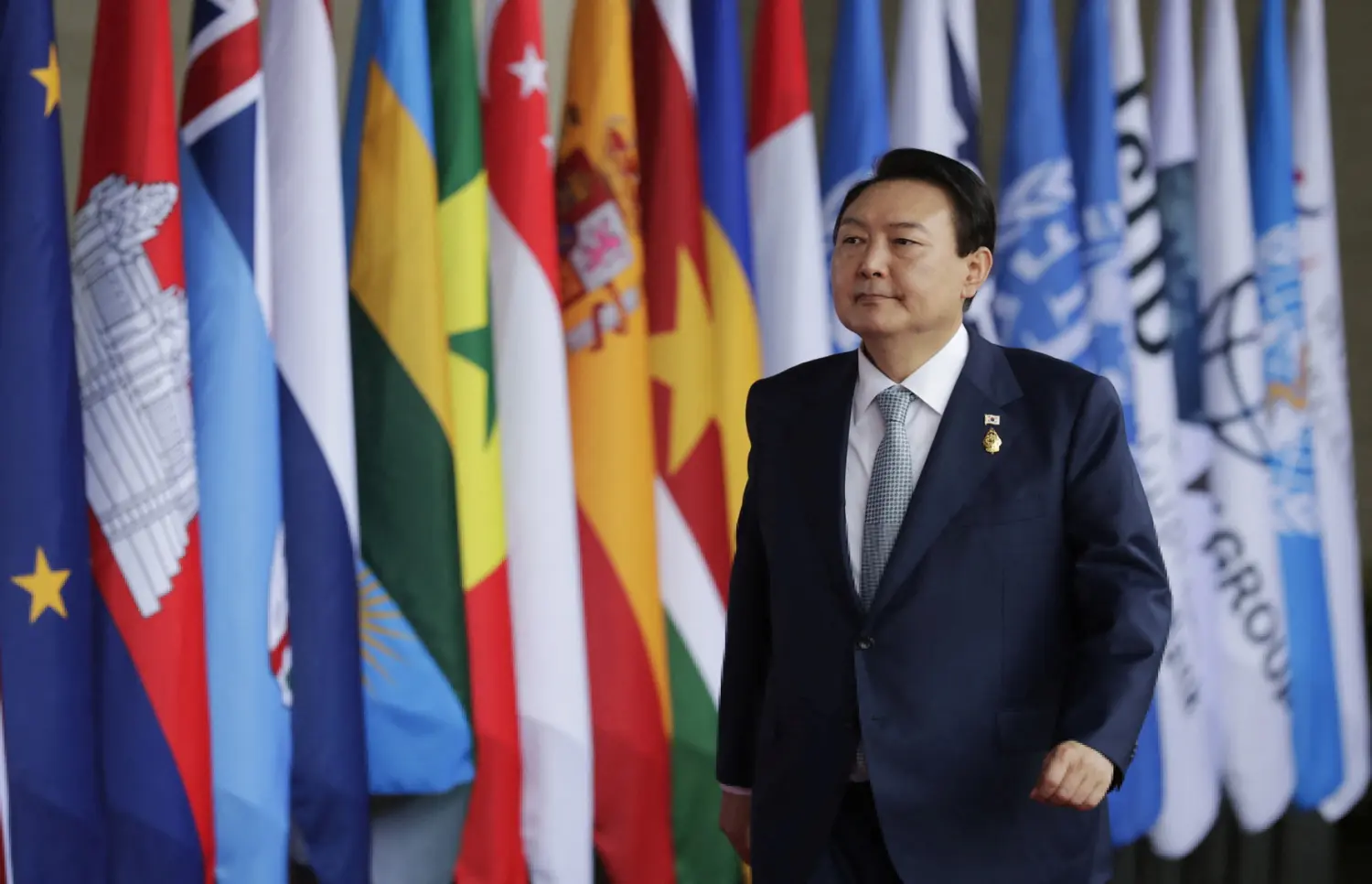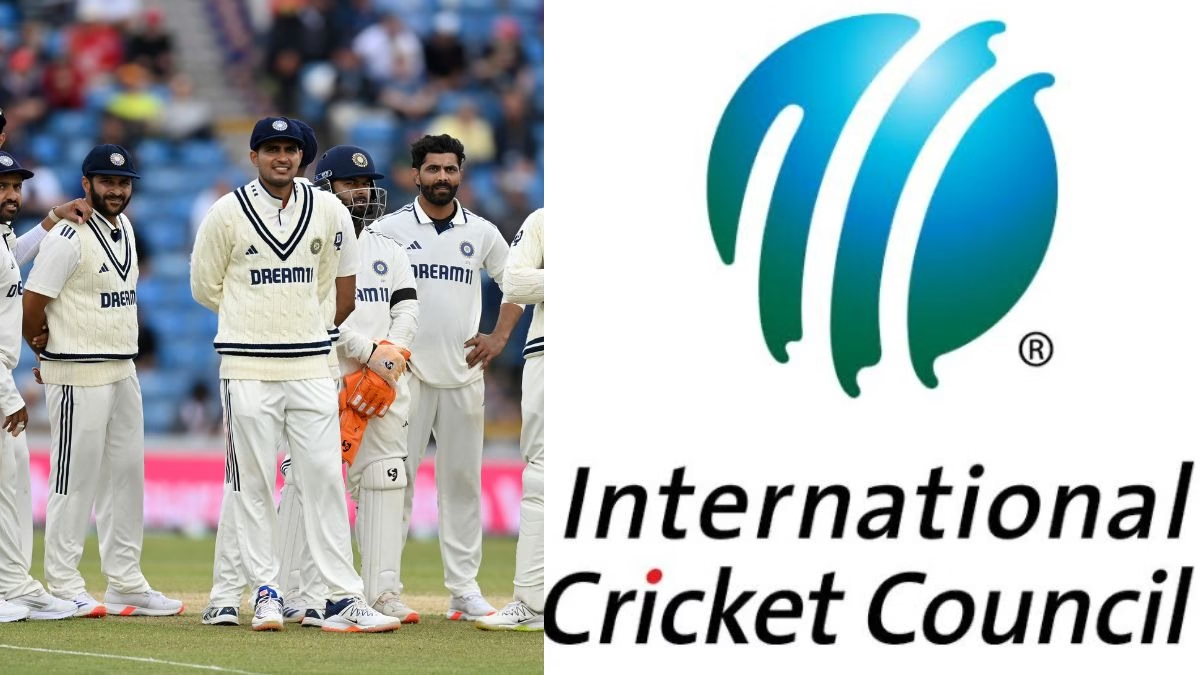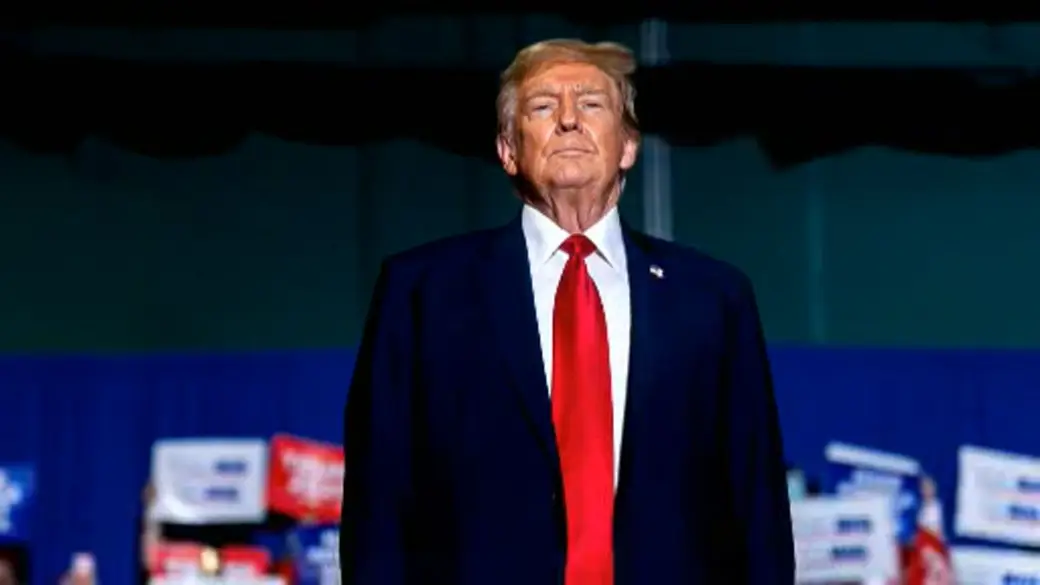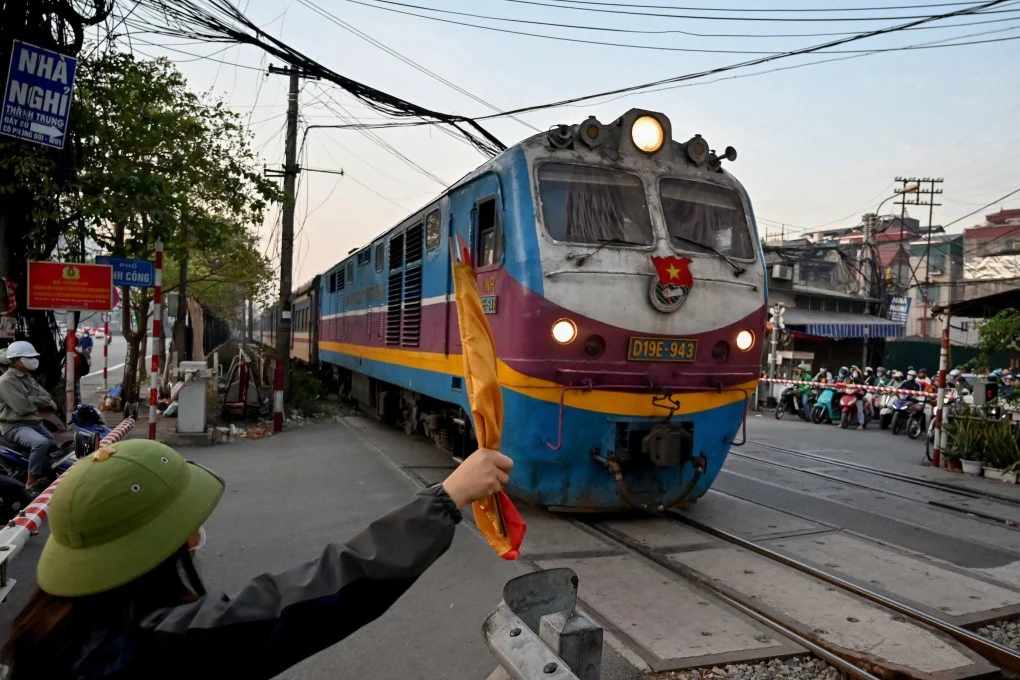This week, South Korean President Yoon Suk Yeol, along with US Secretary of State Antony Blinken and other foreign dignitaries, convened in Seoul for the Summit for Democracy, highlighting the pressing need to counter digital threats to freedom.
Established by US President Joe Biden in 2021, the Summit for Democracy marks a significant initiative to combat democratic backsliding and the erosion of fundamental rights and freedoms worldwide. The event, now in its third iteration, brings together representatives from over 100 countries, although recent editions have been primarily conducted online due to COVID-19 restrictions.
The focus of this year’s summit centers on addressing digital threats to democracy, ranging from misinformation to the proliferation of artificial intelligence and deep fakes. President Yoon emphasized the peril posed by fake news and disinformation, stressing that such phenomena not only infringe upon individual liberties but also imperil the foundations of democratic governance.
Secretary Blinken underscored Washington’s commitment to safeguarding human rights defenders online, announcing the release of groundbreaking guidance for tech companies aimed at preventing attacks on these advocates.
In addition to combating digital threats, the summit aims to promote youth engagement in democratic processes, a crucial aspect highlighted by the South Korean hosts.
The event welcomed an array of senior officials, including Deputy Prime Minister Oliver Dowden of Britain and foreign ministers from Ecuador, Gambia, Indonesia, Guyana, and Mauritius. While the plenary session largely took place online, notable national leaders, including President Biden, participated in discussions throughout the week.
The summit has not been without controversy, particularly concerning the attendance of certain nations and the handling of sensitive geopolitical issues. President Biden’s invitation to Taiwan in the inaugural summit drew ire from China, and subsequent incidents, such as the interruption of a Taiwanese minister’s presentation, underscored the geopolitical tensions surrounding the event.
Despite criticisms from rights activists regarding the efficacy of virtual engagements in driving tangible action, organizers have emphasized the inclusivity of the summit, inviting nations with diverse experiences of democracy from around the globe.
As the summit commenced, Yoon’s administration refuted allegations of press coercion, reaffirming its commitment to upholding democratic values and principles.



